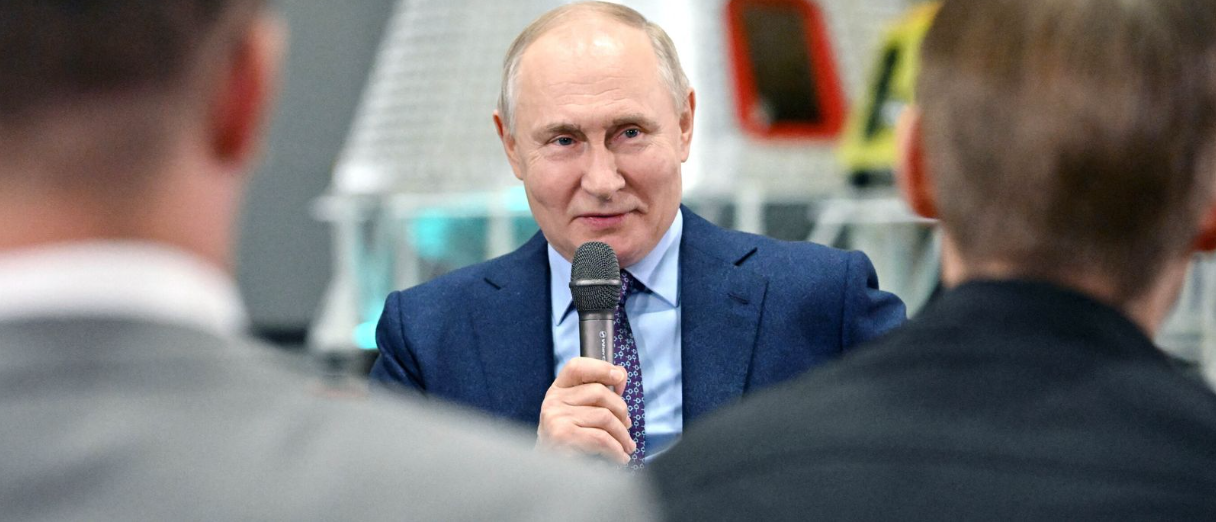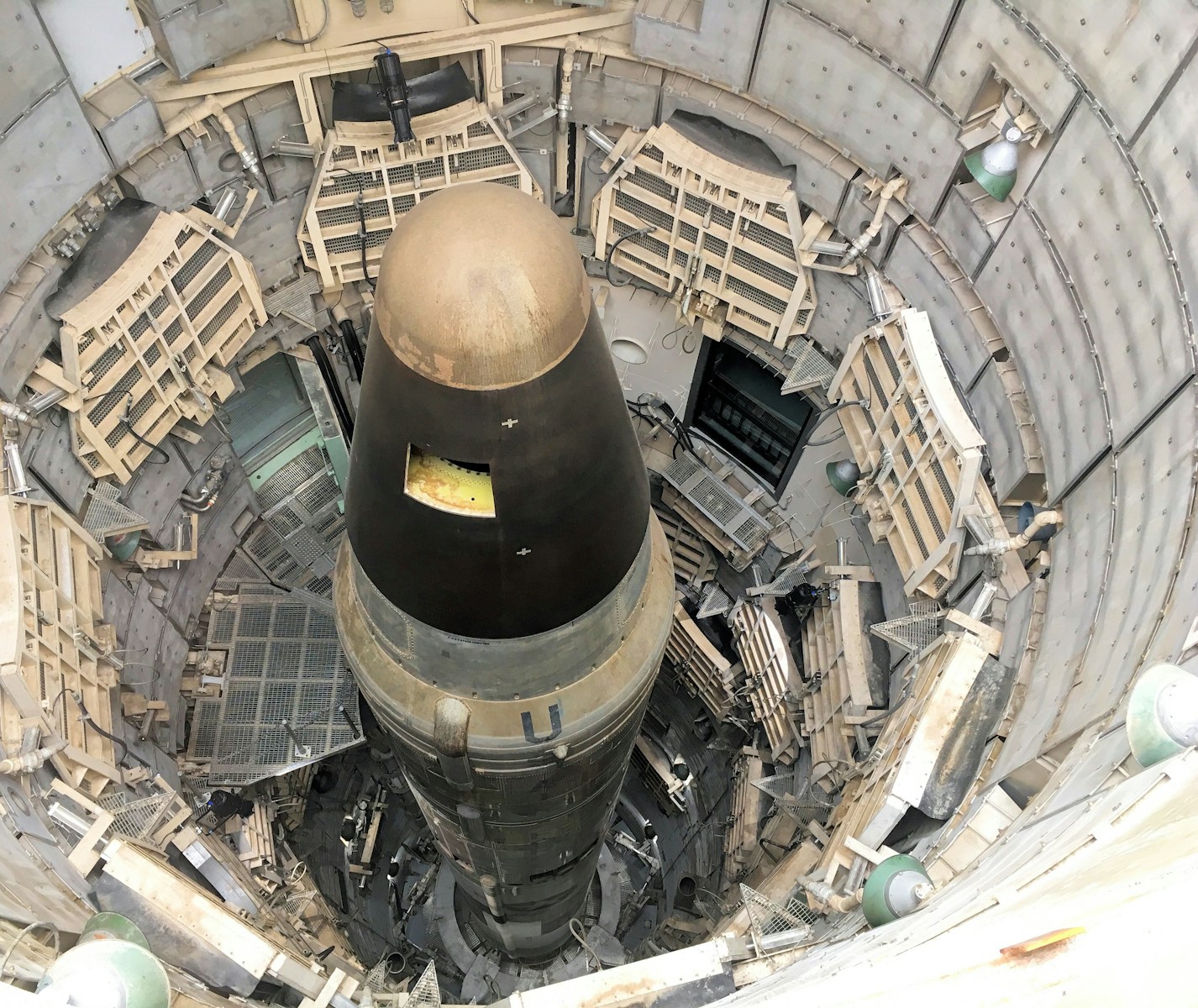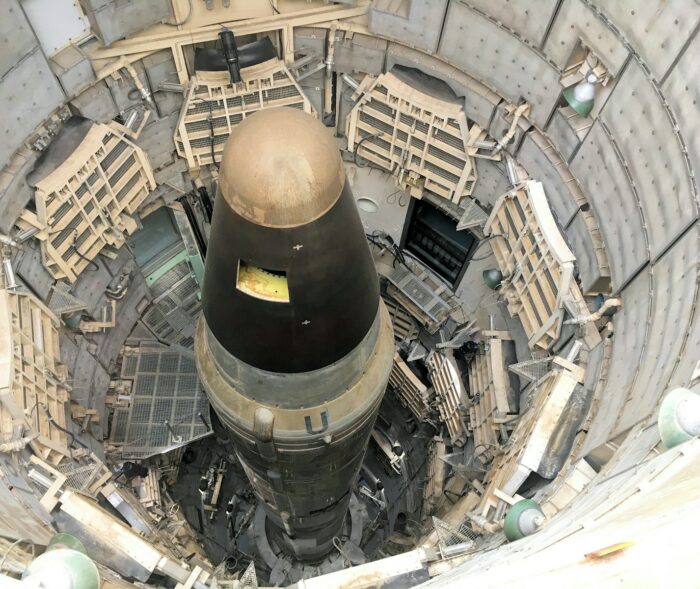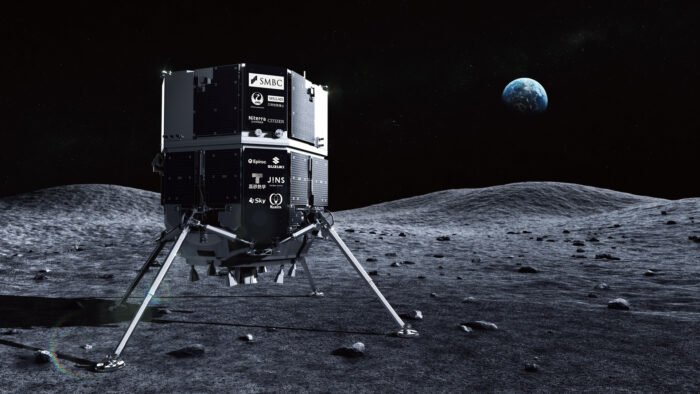Russia has been a pivotal contributor to space exploration for decades, dating back to the Soviet era. As a key partner in the International Space Station (ISS) since its launch in 1998, Russia’s involvement has been critical to the success of this orbital laboratory and symbol of international collaboration. However, with resources dwindling on the aging ISS, Russia has announced its plan to depart the project and launch its own space station.
Staying true to its spaceflight legacy, the country is pushing forward with plans for a new national orbital outpost. President Vladimir Putin has now set 2027 as the target for the first module’s launch, motivated in part by sanctions limiting cooperation with the West amid the Ukraine war.
“As the resources of the ISS run out, we need not just one segment, but the entire station to be brought into service,” said Putin, speaking during a visit to a rocket corporation in Korolyov, outside Moscow. “And in 2027, the first segment should be placed in orbit.”
By getting a new station operational quickly, Russia aims to maintain its capabilities and leadership in space during the transition from the ISS. But the road has not been smooth, as evidenced by the recent failed Russian moon landing attempt, its first lunar mission in decades. Despite setbacks, Putin has reaffirmed Russia’s commitment to ambitious space exploration like moon colonization. As the ISS era comes to an end, Russia makes strides to begin the next chapter of its spacefaring history.
“The ISS is getting old and will come to an end sometime around 2030,” he said. “If we don’t start large-scale work on creating a Russian orbital station in 2024, it is quite likely we will lose our capability because of that time gap. Mistakes are mistakes — it is a shame for all of us. This is space exploration and everyone understands that. It is experience we can use in the future.”
SOURCE: Rocket and Space Corporation “Energia”, Russia
Featured image: Credit: Rocket and Space Corporation “Energia”, Russia
Share this article:










